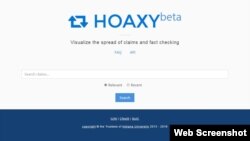Rustic
Diamond Member
- Oct 3, 2015
- 58,769
- 5,894
- 1,940
- Banned
- #1
One of the worst for sure, anyone that believes media matters is legit has shit for brains… LOL
What Happens to Media Matters in a Post-Hillary World?
What Happens to Media Matters in a Post-Hillary World?



